Rectal Cancer Etiology
Rectal Cancer Etiology. Learn about risk factors, symptoms, signs, diagnosis, stages, treatment, and. Rectal cancer occurs when cells in the rectum mutate and grow out of control.
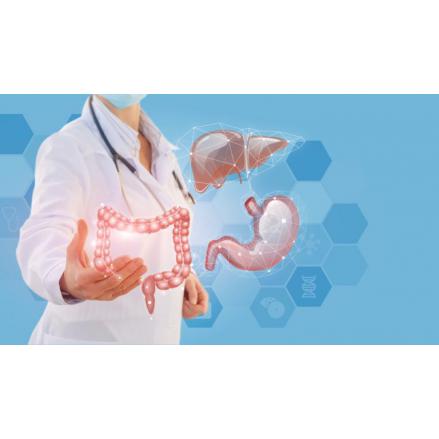
Laboratory tests are directed at evaluating the The aim of the direct visualisation is to explore the various aetiologies of obstruction.
Colorectal cancer must be ruled out in a patient presenting with rectal bleeding, even if the patient has a history of hemorrhoids.
Rectal cancer treatment options include surgery, radiation therapy, chemotherapy Learn more about the treatment of newly diagnosed and recurrent rectal cancer in this expert-reviewed summary. Read about rectal cancer (cancer of the rectum), which affects the lower part of the colon that connects to the anus. The disease may also develop when growths, called polyps, on the inner wall of the rectum develop and become cancerous.
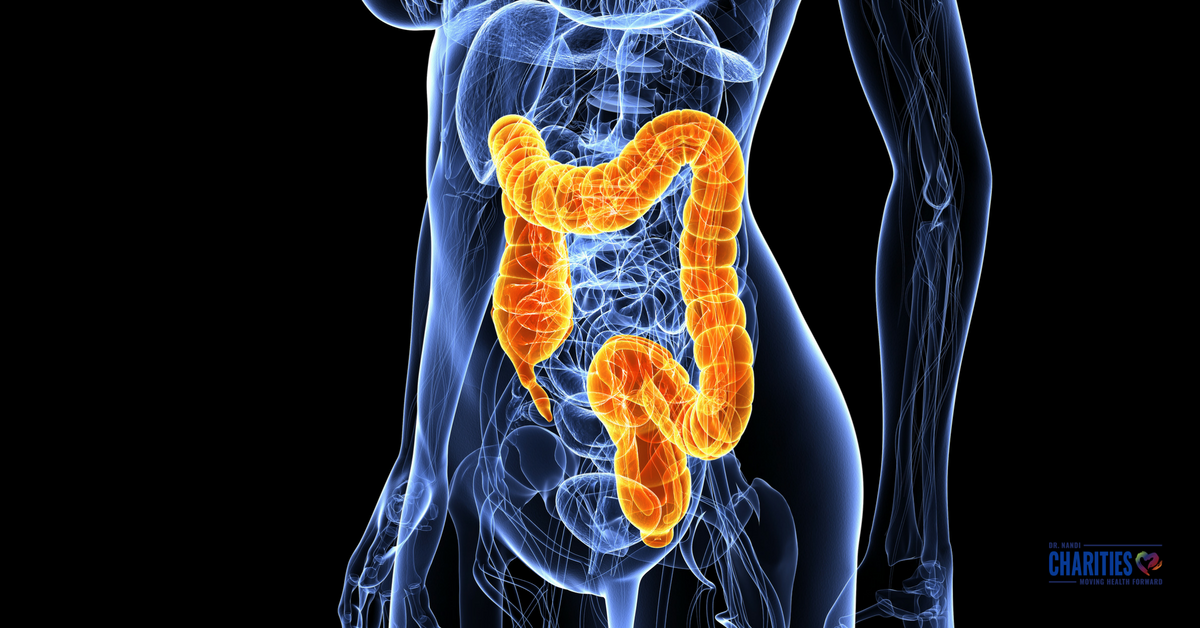
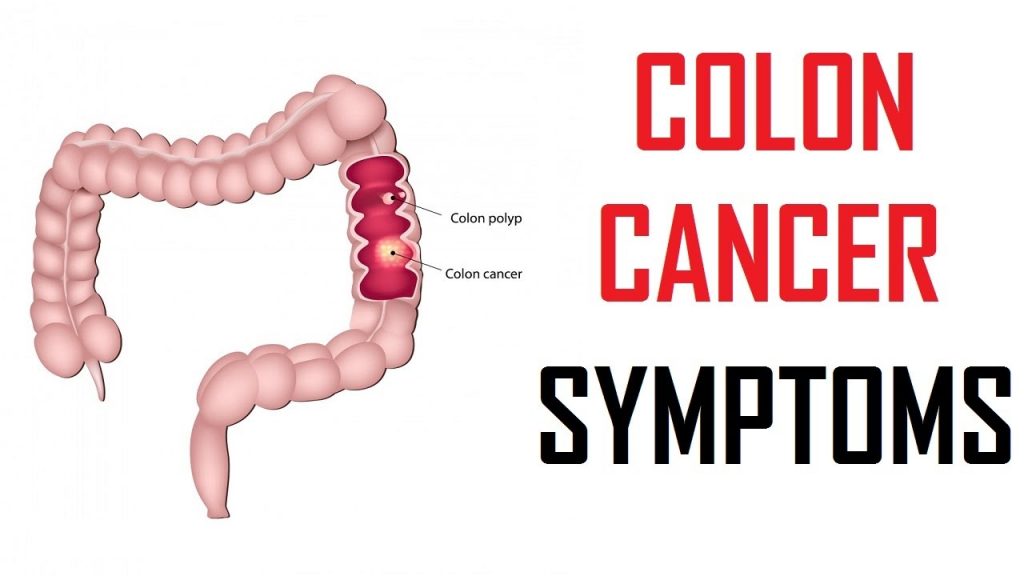

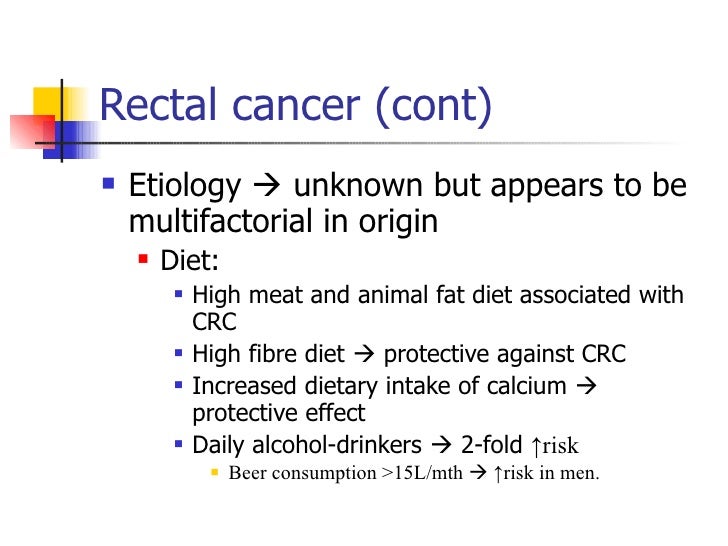
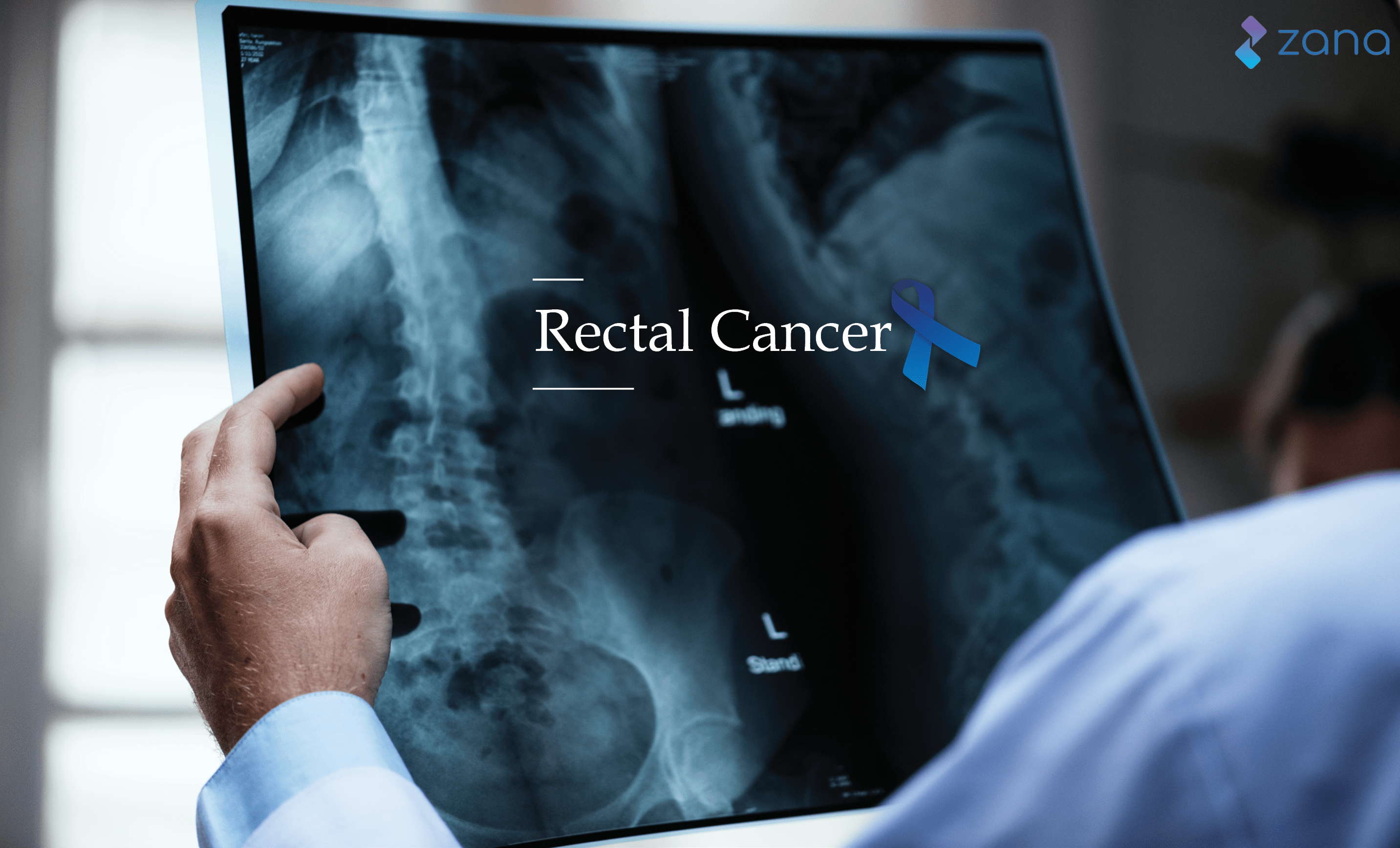


Comments
Post a Comment